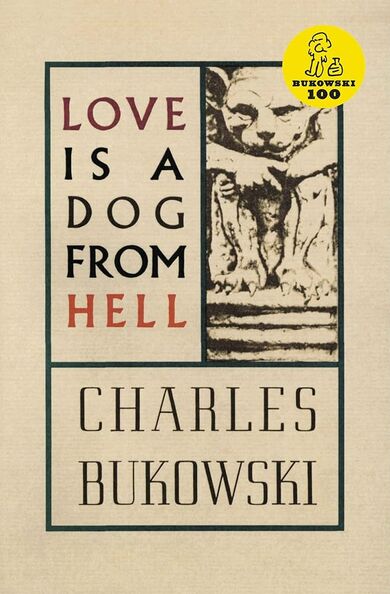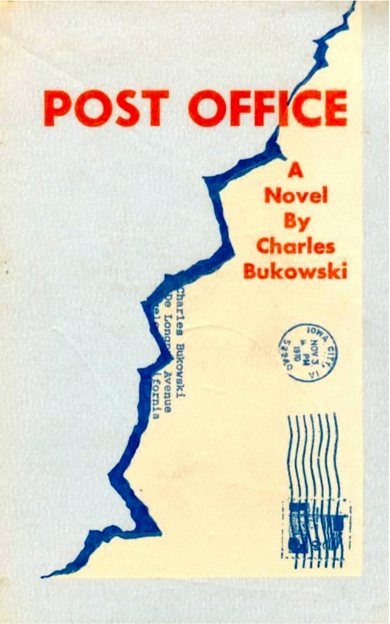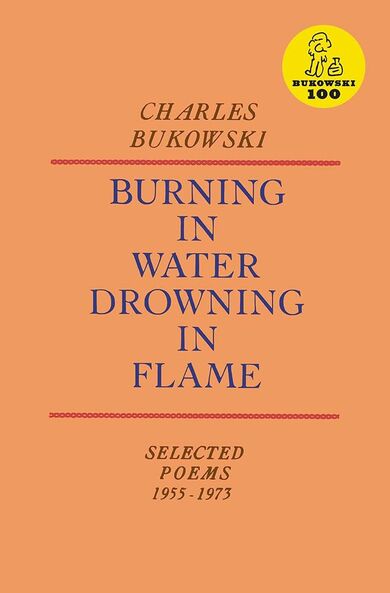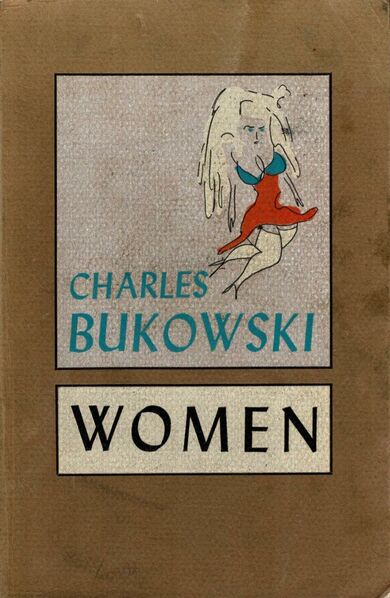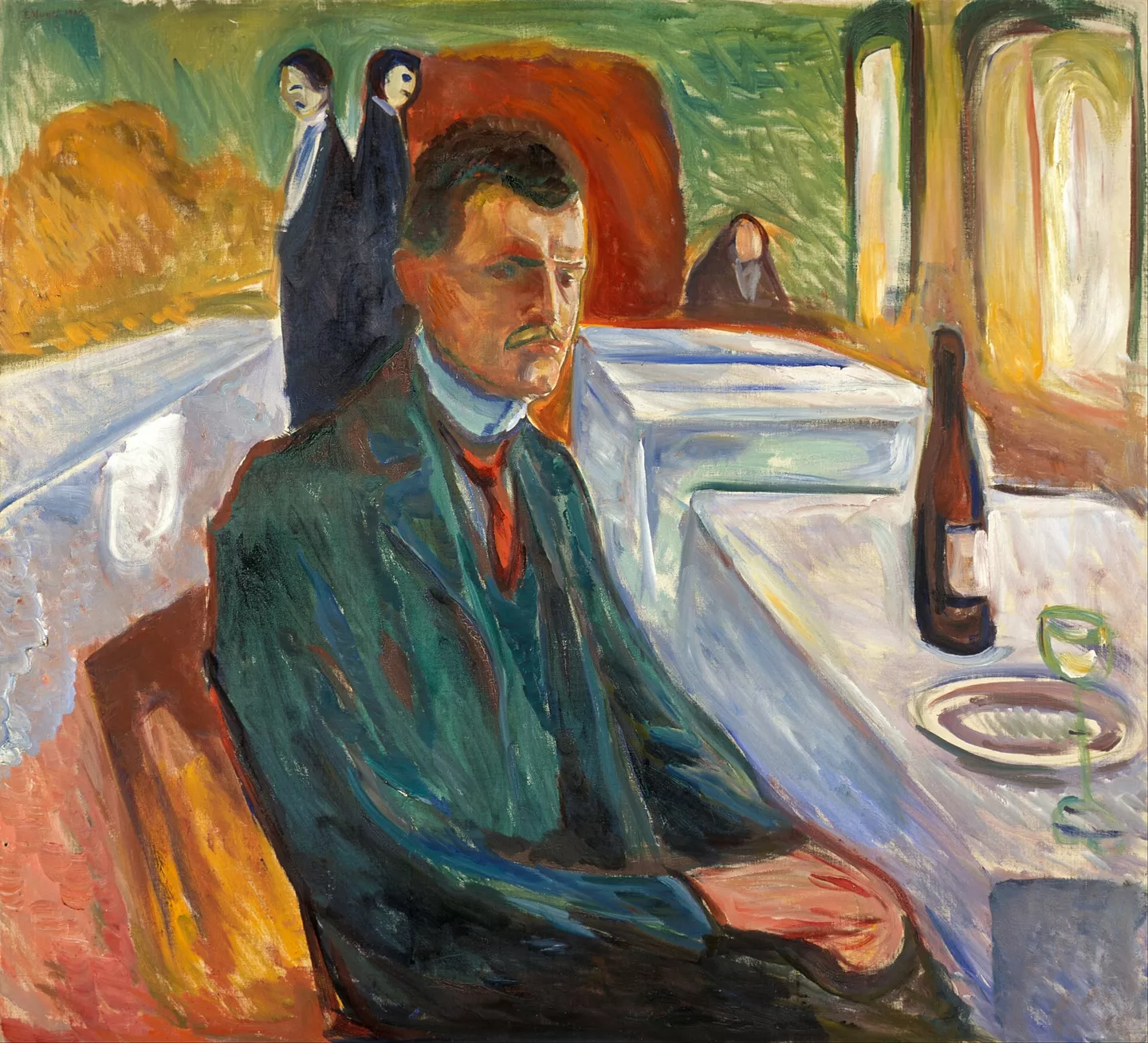
an almost made up poem
By Megan Ammer
Charles Bukoswki’s ’70s gutter-poet persona and semi-popular prose allowed him experimental freedom. Famous for his drinking and promiscuous behavior with women, the man left an assortment of work to be assessed 30 years after his death. His experience with love specifically influenced much of it, though “An Almost Made Up Poem,” one of his best-known poems, shows some deviation from his usual style.
What made Bukowski so qualified to recount the tribulations of love? His expression of regret drives home how brilliantly he could produce a story. “An Almost Made Up Poem” is him in sensitive mode. His focus, an intimate relationship, is instantly recognizable, but the care taken to share this particular woman’s story is deliberate and new. The first line, “I see you drinking at a fountain with tiny blue hands,” is a little whimsical. With the scene described, and Bukowski’s attention to detail of the size and color of this woman’s hands, the poem starts with a mystery, unlike Bukowski’s usual blunt beginnings.
“Layover,” another famous Bukowski poem, includes a literal description of lovemaking as “making love in the sun, in the morning sun, in a hotel room above the alley.” His usual style includes placing everything in the forefront, but with “An Almost Made Up Poem,” he doesn’t immediately divulge anything. The sense of persistence on his part, and a longing for this lover that he’s never met, contribute to the unusual aspect of this work.
Bukowski’s declarations often include a confession of lust for pussy, not romanticism. “An Almost Made Up Poem” includes an evolution and maturity.
The poem continues to describe the author’s faith in love, with lines such as, “you were one of the best female poets and I told the publishers, editors, ‘her, print her, she’ mad but she’ magic. There’ no lie in her fire’,” and “I loved you like a man loves a woman he never touches, only writes to, keeps little photographs of.” Sincere expressions from an obtuse man give a tone of deep consideration and love. And this sincerity is persistent throughout the poem.
The best line, however, does glimpse into habitual Bukoswki traits, straight and crude: “I would have loved you more if I had sat in a small room rolling a cigarette and listened to you piss in the bathroom.”
The idea still looms that Bukowski’s love interest this time is special. Something about the poem’s title and Bukowski’s attitude towards this woman makes everything seem imaginary. The intimidate details generated, his intense explanations of love, not lust, and his repetitive nature give the illusion of his version of fiction, not truth. The short conclusion of the woman’s suicide and his last lines, “If I had met you I would probably have been unfair to you or you to me. It was best like this,” proves hopeless and displays an attitude of surrender.
Bukowski uses this poem as exploration into his desired personality. His attempts to understand typical love, even with his unstandardized examples, is what makes him qualified to write about this subject so often. His universal assessment of the different types of affection and his understanding of how those affections usually progress, make him different. He uses that knowledge to twist his poetry, as he did with “An Almost Made Up Poem” by making up the entire thing.
The irregularity of the style here makes the poem stand out. Somehow, he seems less predictable. He seems a little more individualistic.









